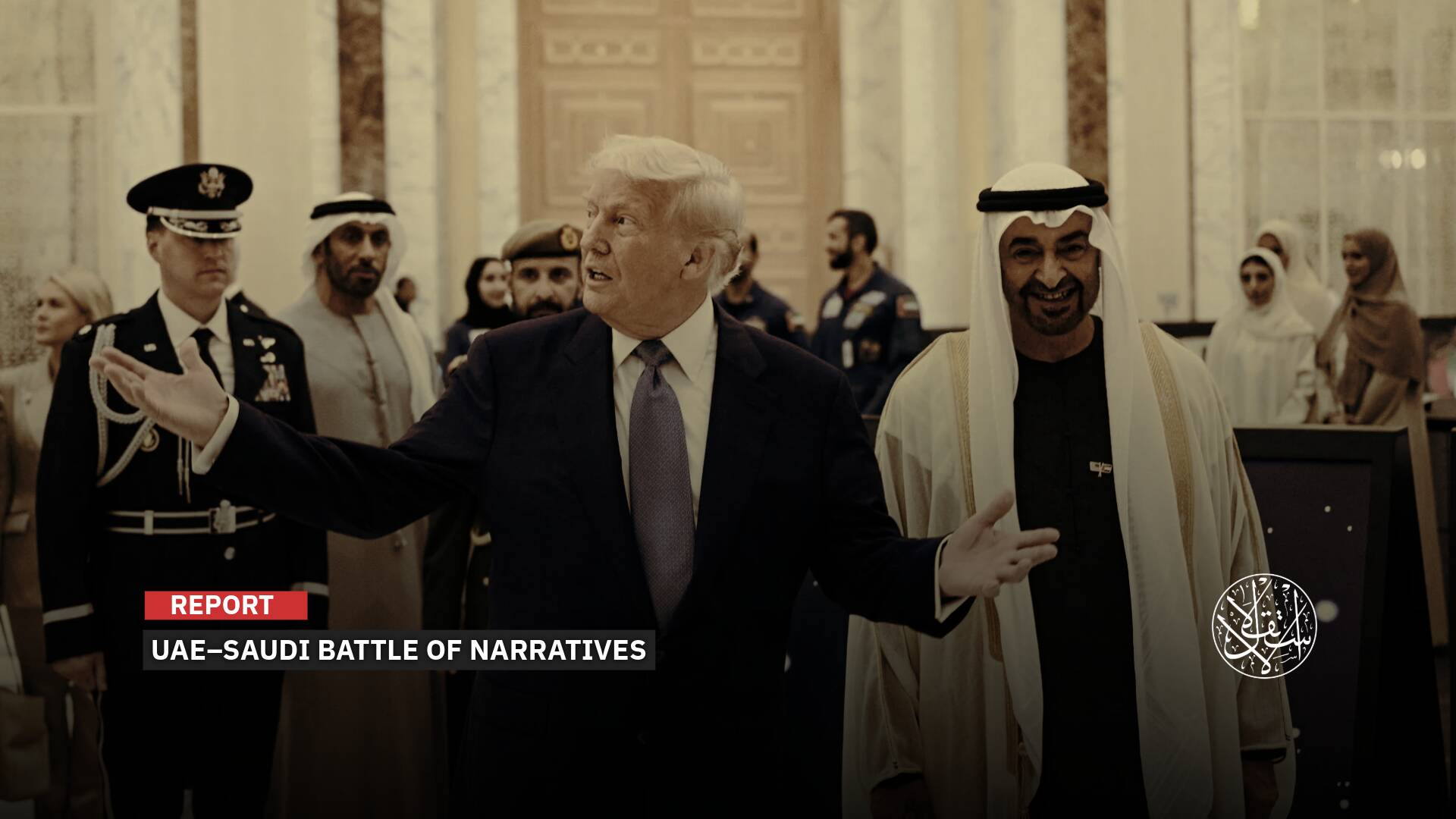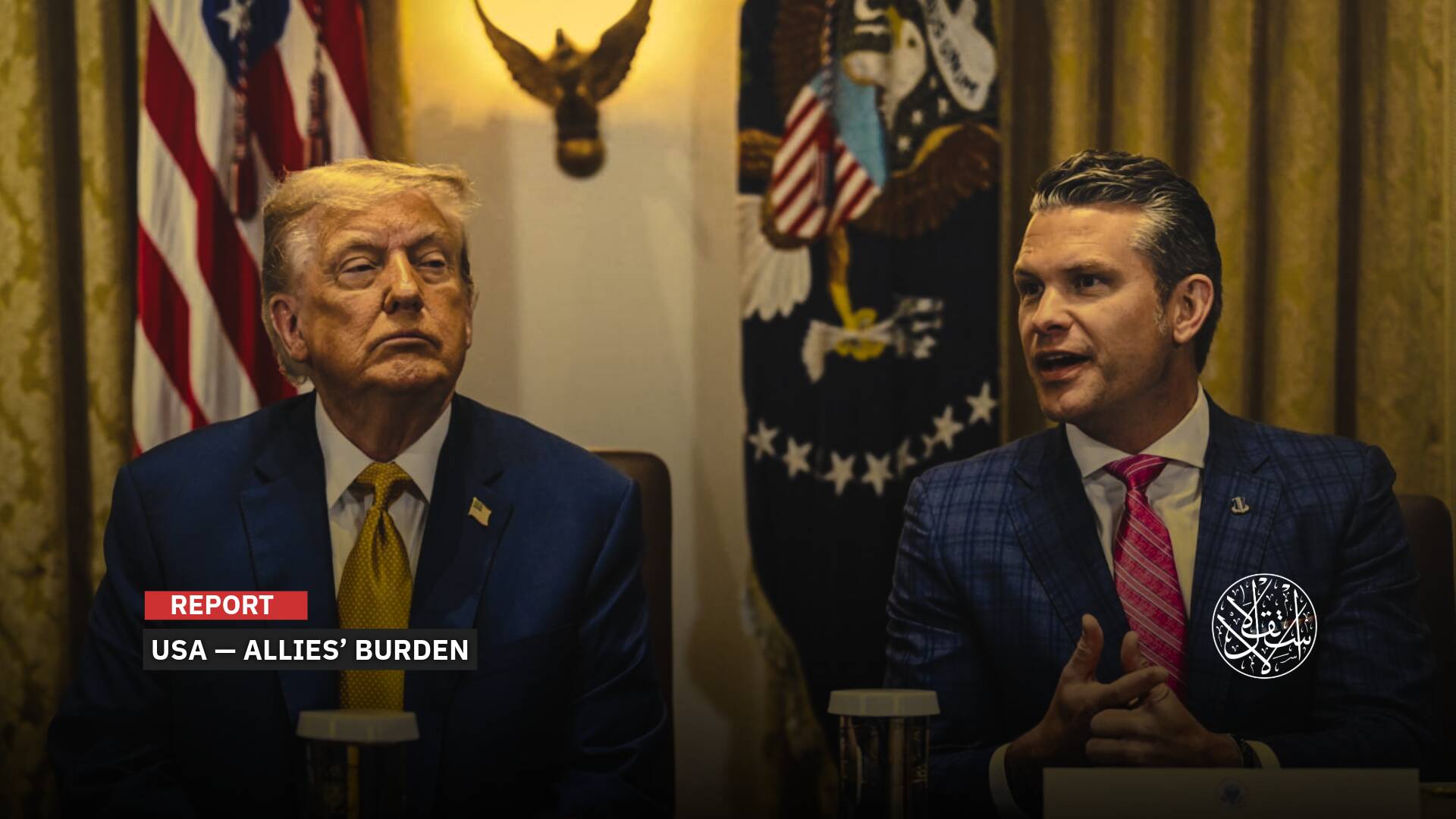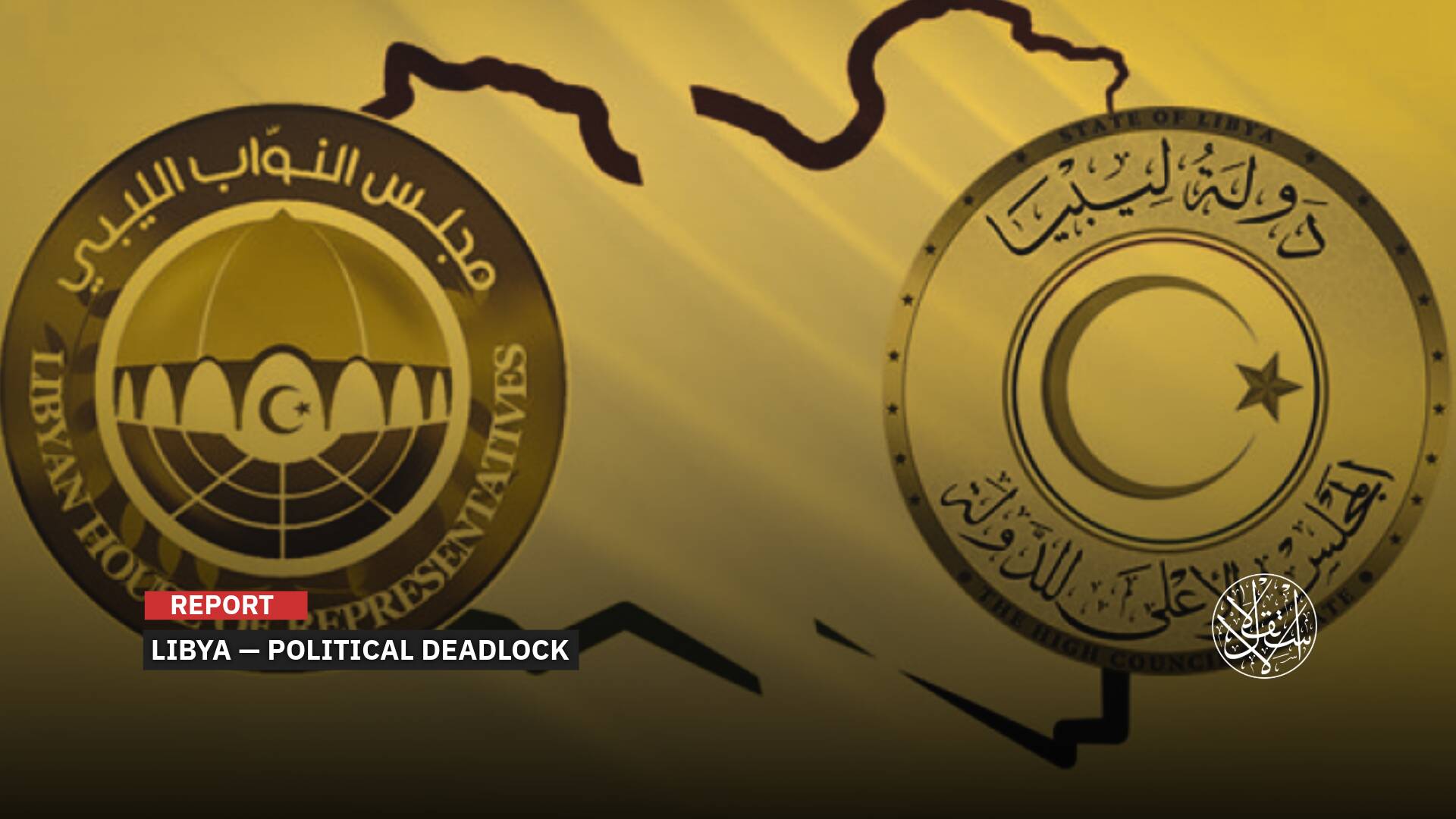What Is the Impact of the Brain Drain on Foreign Investments in Lebanon?

Lebanon is relying on convincing the International Monetary Fund for a recovery plan, to stop the country's continuous financial collapse, as it has been ranked among the worst in the world since the mid-twentieth century.
For its part, the Lebanese government headed by Najib Mikati, which was formed on September 10, 2021, is unable, in light of the complex political situation, to adopt any quick rescue plan to save the country from this situation, pushing many citizens to search for solutions like fleeing the country.
The majority of the migrants are those with higher education, especially doctors and teachers, which represents an imminent threat to the future of Lebanon, according to many observers.
A Deep Crisis
What counts for the Mikati government so far is the launch of talks with the International Monetary Fund, since the beginning of October 2021, to prepare an aid program with the Fund to get out of the economic crisis that pushed four out of five Lebanese into poverty, according to the United Nations.
However, this seems unconvincing to the Lebanese, who are tired of governments that see the impossibility of working in isolation from the political parties that own the blocking third of the government and its decisions, even in an undisclosed manner.
The Lebanese constitution stipulates that any government one-third of its members resign, lapses by default.
Therefore, when the President of the Republic seizes a third of the members of this government, he can ask his ministers to resign if this decision does not fit his interests, this is called, then, political blackmail.
Given that the financial crisis in Lebanon represents the biggest threat to stability since the civil war between 1975 and 1990, for a country with a population of six million people, there are a number of problems that are accumulating at the doors of the government and increasing the movement of emigration abroad.
The most important of these are the problems of citizens’ ability to pay rent for housing and secure the most basic necessities of life after a record collapse in the value of the lira, as well as the great shortage of fuel and medicine, in addition to the failure to solve the electricity crisis through the American plan, forcing lebanese citizens to flee their country.
Forced Migration
Despite this, the Shiite duo, the Amal Movement and Hezbollah, were opposed to the budget, but it was approved as a goodwill gesture from the government in its negotiations with the International Monetary Fund.
Many Lebanese observers comment on the differences between the government and parliament with the presence of the Iranian-backed Hezbollah inside Lebanon, especially after it controlled and disrupted the political situation, with its growing influence in Syria, Iraq and Yemen, turning to be a regional player adhering to his own interests, with total indifference about the Lebanese national interest.
Financial Times confirms in a report published on February 8, 2022, that Lebanon is once again facing the emigration of its brightest and best-educated citizens.

Lebanon has always had a big diaspora after waves of emigration during decades; it is in fact a result of the 15-year civil war that ended in 1990.
The British newspaper pointed out that many Lebanese are forced to face hyperinflation and power outages, and they do not have much confidence in the future.
The newspaper considered that they had lost hope that their divided leaders would take measures to stop the catastrophic financial collapse of the country, two years after the outbreak of the crisis.
Nor has much been done to salvage the ailing economy, which the World Bank has described as a "deliberate depression,” orchestrated by the elites who have taken over the country.
Immigration Requirement
In this context, academic and researcher in political economy, Taleb Saad, confirmed to Al-Estiklal that the government has not done anything to save the deteriorating Lebanese economy, not one percent of what should be done."
Saad considered that “Lebanon is completely left behind, economically and financially. At the level of the banking sector, there is no significant achievement that restores confidence in this sector, and no action is taken until the collapsed lira situation is improved."
He added: “Some believe that the central bank, within three months, was able to control the process of the deterioration of the lira, and allowed some monetary transactions for the dollar, but this is not a process of pumping dollars into the market, it is rather a trading process with the aim of capturing the liquidity of the Lebanese pound in order to be able to determine the exchange rate, it is temporary and does not last for a month.”
The academic added: The dollar was not officially pumped from outside the country through the balance of payments, which is experiencing a deficit, and the losing trade balance.
Researcher Saad said that “a budget has been prepared to be submitted to the International Monetary Fund, but in fact the budget must be prepared based on a recovery plan.”
He went on to say: "We are inevitably facing an economic deterioration and security anxiety, coupled with insanely high prices, which has led to a lack of purchasing power on the part of social groups, especially among the educated class or the scientific and cultural elites, as well as doctors, lawyers and academics who have decades of experience.”
He pointed out that "no matter how the value of the entrances changes, they will be eroded with the decline in prices, and this is accompanied by global inflation, especially with the crisis of Ukraine and Russia, which increases the price of basic commodities, and this pushes Lebanon to more inflation and more dangerous economic stagnation.”
Saad added: "All these facts cause a very noticeable wave of migration in Lebanon and the search for any place in the world outside the country that will provide them with job opportunities, health and security protection."
Lebanon imports from Ukraine and Russia between 50 and 60 percent of its wheat needs, in addition to vegetable oils and sugar, which are essential components of the Lebanese diet.
Outside Hopes
About 40 percent of more than 6 million Lebanese people are thinking about emigrating, according to a recent survey conducted by the German think tank Konrad Adenauer Stiftung.
About 40 percent of Lebanon's doctors have already left for the Gulf states or the West, either permanently or temporarily, according to the World Bank.
At least 10,000 teachers have found jobs abroad, according to some estimates cited by the World Bank.
This is in line with the Lebanese pound losing more than 95 percent of its value against the dollar over the past two years, making teachers’ salaries almost worthless.
The German poll found that 40 percent of the Lebanese had to cut back on food and that a third of them were unable to afford their medication.
Three-quarters of the population has also indulged in what the United Nations calls “multidimensional poverty,” which includes poor access to health, education, and public utilities as well as income poverty.
In the health sector, the main university hospitals in Beirut, which employ highly skilled specialists, lost between 100 and 150 doctors, according to Sharaf Abu Sharaf, head of the Medical Syndicate.
The Lebanese economic analyst Basil al-Khatib explained to Al-Estiklal how the idea to emigrate returned in Lebanon which has always been a door of hope that opens better prospects for university graduates.
Al-Khatib said: “Since 2016, the economic prospects began to be unpromising, which led to the year 2019 and the outbreak of a revolution, followed by a monetary and financial crisis, and the collapse of the Lebanese pound against the dollar, with the erosion of salaries amid a complete deficit of the government, in addition to the suspension of the labor market during the Corona pandemic and currently the Ukraine crisis, all of this made people think about emigrating.”
Sources
- Lebanon faces exodus of its most educated citizens
- Lebanon seeks to borrow 4 billion dollars from the 'International Monetary' (Interview) [Arabic]
- Have negotiations between Lebanon and the International Monetary Fund made progress? [Arabic]
- The Ukrainian crisis: A new dilemma added to Lebanon's challenges (report) [Arabic]












